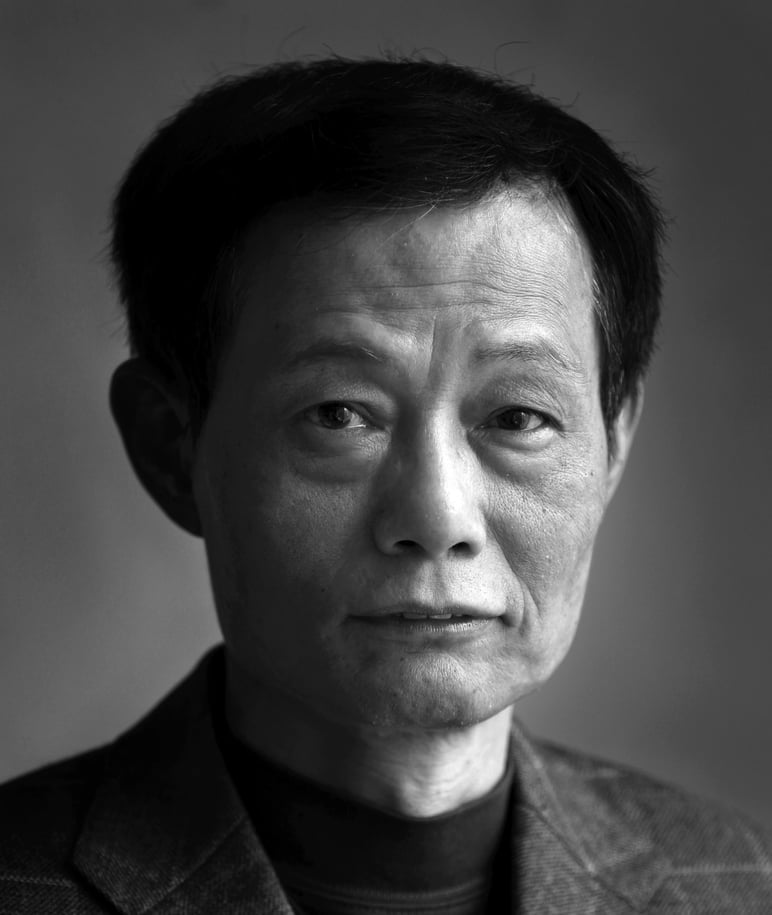
The party needs state planning, so China’s market reforms will only go so far
Cary Huang says the existence of a five-year plan – and the central role that state firms continue to play – shows that Beijing isn’t ready to embrace the market
Karl Marx said nothing about an economic plan, and Vladimir Lenin was known for advocating the capitalism-oriented New Economic Policy. China’s five-year plan is really a holdover from Joseph Stalin, who invented the command economy.
Gone are Stalin’s collective farms, gone are his industrial targets and gone, too, are the fixed commodity prices, but China’s just-approved 13th five-year plan still inherits much of Stalin’s centrally planned economy and state-controlled society.
The concept is highly political. The first Soviet five-year plan, introduced in 1928, was meant to fight global capitalism with rapid militarised industrialisation. Economic planning remained the cornerstone of rule in the Soviet Union until its dissolution in 1991.
China’s 13th plan, a road map for the nation’s development from 2016 to 2020, is supposed to implement a reform blueprint endorsed by the party leadership in 2013. Thus commitments such as liberal supply-side reform, innovation, market competition and modernisation of state-owned enterprises are all given pride of place.
A host of targets in the 13th plan apparently contradict the 2013 document
But behind all the promised changes, one thing is clear: such planning is to strengthen the government’s macroeconomic management and social control.
In a market economy, decisions regarding investment, production and distribution are based on market-determined supply and demand, not planned by the government. However, a host of targets in the 13th plan apparently contradict the 2013 document which proclaims that market forces should play a “decisive role” in resource allocation.
The most fundamental goal of the plan is to achieve political targets of doubling gross domestic product and per capita income from a decade earlier, a central part of President Xi Jinping’s (習近平) agenda to make China a “moderately prosperous” society during his 10-year tenure. To achieve that goal, the government must utilise all resources to realise a minimum 6.5 per cent average annual growth rate in the coming five years.

Why now is the time for China’s leaders to bite the bullet on economic reform
China is no longer “socialist” by economic definition, following decades of market reforms. Still, it is a communist-ruled nation as the party controls the means of production through a bloated public sector. State planning reinforces government control. Despite the growth of private and foreign businesses, the state-owned firms control everything from banks and telecoms to infrastructure and strategic industries. With their political privilege and monopoly status, they enjoy preferential benefits.
Beijing understands the critical importance of reforming state firms, as a free market is a precondition for the economy to move up towards higher incomes, avoiding the “middle-income trap”. The state-owned firms are obstacles to such a transition.

China sets 2016 growth target range at 6.5 to 7 per cent
But such reform will weaken the party’s political monopoly. The party needs state planning to directly wield significant economic power to achieve two important political objectives. One is to distribute resources to politically important priorities, such as prestige projects and industrial policy. The other is to use resources to reward its political supporters.
Thus, against wide expectations of massive privatisation of the state firms to embrace the marketplace, the plan instead aims to make the firms “bigger, stronger and better” state champions and to maintain their leading role in the economy.
The market is seen as the compromise, but state planning is still the backbone. This explains why Friedrich von Hayek’s famous book, The Road to Serfdom, says central planning carries a high political cost.
Cary Huang is a senior writer at the Post

